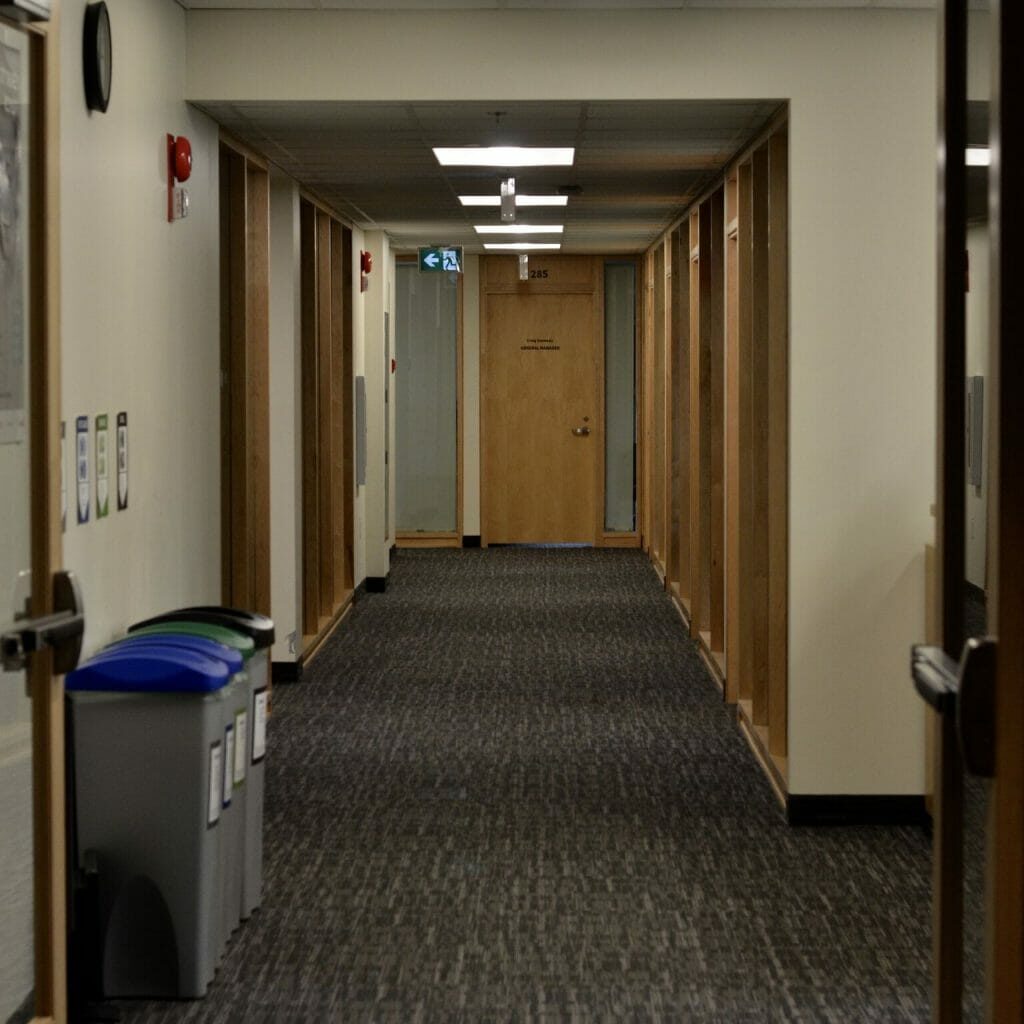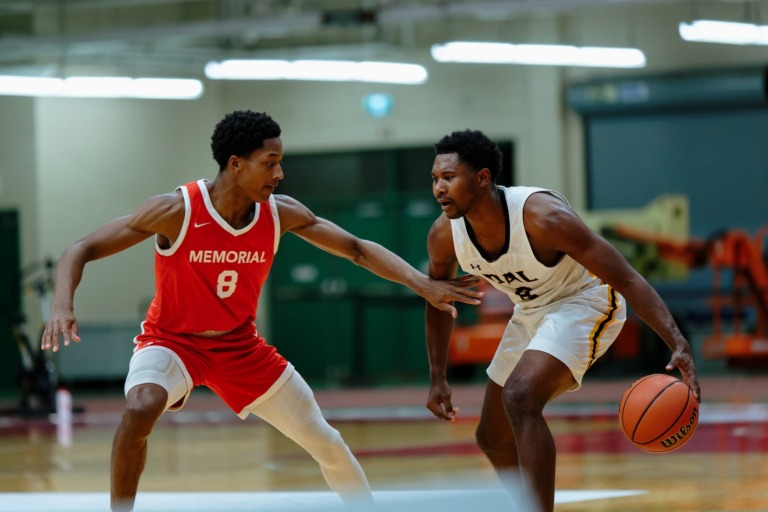
The Dalhousie Student Union not actually a union
But it still operates like one
The Dalhousie Student Union (DSU) was created by an act of legislation in 1966. According to a clerk at the Nova Scotia legislature library, that’s exceedingly rare.
When organizations want to collect and spend money, or open a bank account in Nova Scotia they need to be officially recognized by the province. This requires incorporation as a society. Most student unions and groups, like the Ecology Action Centre or Halifax Pride, are societies. The DSU is also a society; but it does’t exist under the societies act. It exists in its own legislation. Legislation that doesn’t fall under the Labour Standards Code, which is required in order to be a union.
The DSU is called the Dalhousie Student Union, but legally, it’s not a union.
Even though the DSU isn’t a union, Tony Tracy at the Canadian Labour Congress says that “the trade union movement sees the Dal student union and other similar student movements … as a close social justice ally.”
He says that even though trade unions have the power to collectively bargain and students do not, their goals and organizations are very similar.
The DSU couldn’t become a union, because the student relationship with the university is that of consumer – not worker.
The DSU has an annual budget of $2.5 million according to their last publicly available budget, which was for the 2015-2016 academic year.
Just under $1.2 million of that money comes from the DSU membership fee that all students pay. The DSU pays $1.1 million annually for wages. These wages are for both full and part time staff of both the DSU and of the SUB. Each member of the executive gets paid an average of $37,000.
Amina Abawajy, president of the DSU, says that the DSU does three main things for the students of Dal: programming, services, and advocacy.
Programming refers to on-campus events, and the DSU provides a diverse offering. There are fun activities like helping to sponsor the Dalhousie Theatrical Society, which put on the Rocky Horror Picture Show this year, Orientation week, or one of the dozens of soceities on campus. The DSU also supports educational programming, such as the racial justice symposium last year. In 2015-2016 programming cost the DSU $121,093.
DSU services are the tools that students can use if they need them.Things like the health and dental plans, and the survivor support center. Abawajy says that even though there was a referendum by students to approve the survivor support centre, and the DSU will be funding and operating it, the DSU still required permission from Dalhousie to open it.
Not including services that have an independent budget, like the health plan, the DSU spent $173,189 on these services in the 2015-2016 academic year.
What is harder to quantify is how much the DSU spends on advocacy and how effective it is. In the budget, there’s a line item for advocacy totaling $26,298. However, advocacy is also done by people, and their wages or labour hours are not included in this total.
How much the students of Dal get back from the investment in advocacy is unclear and hard to track.
Every year, the DSU provides a report to the Budget Advisory Committee and advocates for lower tuition fees. Dalhousie has not lowered tuition fees in any recent years.
Advocacy work within the Dalhousie senate has resulted in more seats for students as well as the implementation of a diversity policy. This change gives students a larger voice, and a platform to make changes requested by students. Although the student caucus within the Senate is still outnumbered: 72 to seven.
The DSU (or its representatives) also sit on various committees within the administrative organization of Dalhousie to give students a voice; but like in the senate, they are outnumbered. It’s almost impossible to quantify the impact of student voices to changes made within the school.
Hannah Bing reported for the Dal Gazette that students are unaware of what the DSU does with their money.
“I found that a couple [of students] had not heard about the DSU at all,” says Bing. “The people who had heard about it did not know who the DSU were or what they did.”
Bing found one person who knew what the DSU was and did, but that student didn’t feel the DSU was worth her student fee.
How do you feel about the DSU? Do you know what it does for you? Let us know.






